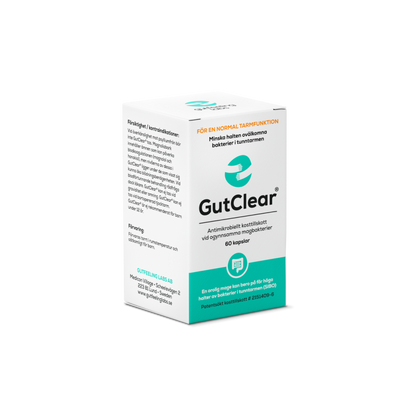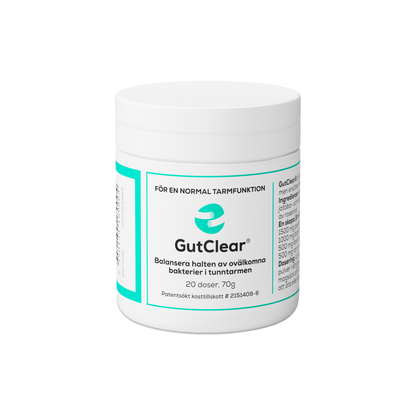His naturopath, who had a large collection of botanicals (herbs, barks, roots, etc) sent him about fifty of these to the lab. After systematically testing the antimicrobial properties of these botanicals on different bacteria, Hans found a combination that was optimally antimicrobial against intestinal bacteria. It turned out that the combination of three botanical components not only had an effect on intestinal bacteria but also on the ulcer bacterium Helicobacter pylori, the fungus Candida, and the most common intestinal parasites Dientamoeba fragilis and Blastocystis hominis.
- I tested the product on myself and experienced an improvement in my stomach problems after three days, but the particularly interesting thing was that I started to tolerate food again, says Hans.
Hans tried eating cheese and experienced no problems whatsoever. After 20 days of using the product, he discovered that he felt dizzy when he stood up from a sitting position and then consulted his doctor.
- The blood pressure measurement showed that I had very low blood pressure and a very low heart rate, so all treatment with the two blood pressure medications and heart-stopping medication was terminated. “I have been completely medication-free after taking my own product, I sleep excellently and have energy both at work and at home,” he says.


